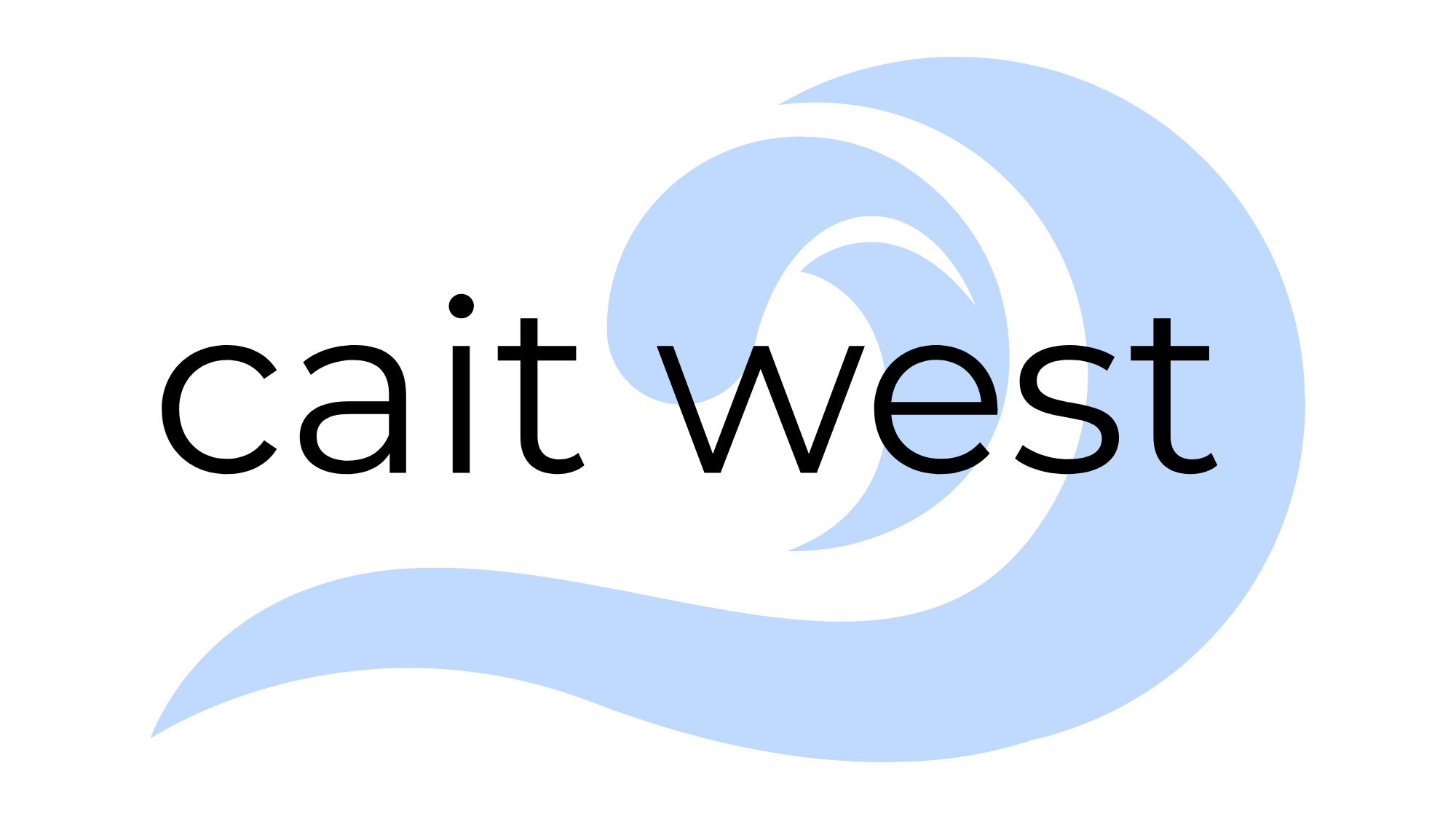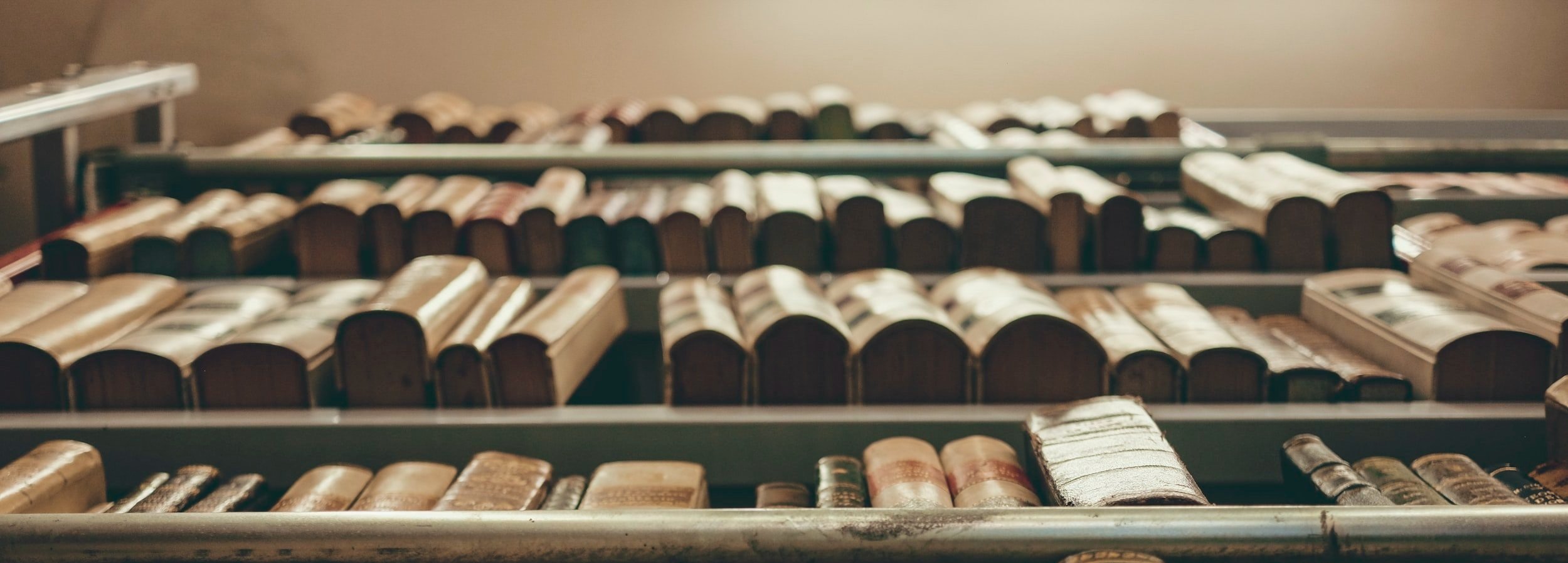Complexity and the Power of Stories
You never know who will be impacted by your story.
More than ten years ago, I was a stay-at-home daughter in the Christian patriarchy movement, waiting around for a man to marry me and wandering in Borders bookstore looking for something to read in the meantime.
I was about to leave the store when a book with the image of a girl’s face stood out to me. The book was called Paper Towns. I’d never heard of it, but something about it made me know I needed to bring it home.
Paper Towns by John Green is a young adult novel about teenagers in high school—something I had never experienced as a homeschooler. The characters are trying to understand their world and relationships, breaking the rules, and acting with agency in their own lives—something I also didn’t know anything about, not really.
I loved this book. Reading about public school and teenagers taking road trips by themselves was like reading a fantasy novel.
I enjoyed the book so much that I found the author on YouTube, where he made videos with his brother, Hank, on a channel called vlogbrothers. I watched their videos all the time on the laptop I had finally got when I was around twenty. John and Hank talked about everything and nothing, from silly to serious, and I was fascinated. They made me feel like there was much to love about life, and a lot to learn.
Over the years, I learned from them about the concept of complexity—how life and humans and our world are complex. There are no easy or simple answers to the world’s most difficult problems.
This was news to me, though it resonated with deep knowledge I had previously had no words for. I realized: there is more than one way to live a life.
This sounds obvious now, but at the time, I was indoctrinated in an ideology that told me the way to live is simple, that women are always to be subservient and compliant to men, that the only blessed path for a woman is to marry and have children. My world was saturated with this fundamentalist teaching, to the point that I had no power to think otherwise. It was a matter of eternal life or death.
Listening in on a different kind of conversation helped break open something inside me, something I had safeguarded for a very long time: I am more than this.
I am more than someone who will always belong to a man. I am more than a simple story already planned for my life.
I started to find language to understand myself as complexly human. I realized I do not need to live according to a simplistic script to find favor with the Divine.
And I understood: this world is also complex. I had once thought anyone outside the church was lost, broken, evil. But that’s such an easy and harmful way to simplify the incredibly diverse expanse of humanity.
Hearing someone else’s story—in this case, a novel and vlogs on YouTube—helped me evolve in my understanding of myself and who I could be. I recognized that I didn’t need to stay in a place that was harming my sense of self. i wondered if the outside world was really as depraved as I had been told.
I am complex. People are complex. The world is complex. The box didn’t fit anymore. Or maybe I didn’t fit in the box anymore. And eventually I got out.
I don’t know if my younger self would recognize me today. How I’m no longer bound to a fate already laid out for my life. How I make decisions for myself. How I use my imagination to create a future.
Stories change our lives. And the more we listen to each other, the more we become, the more we grow. We learn to understand and empathize with others, and we help each other imagine the possibilities of what our lives can be.
I’m forever grateful for the stories that have broken down the barriers to my own life, and I suppose that is why I’m telling my own story now.

